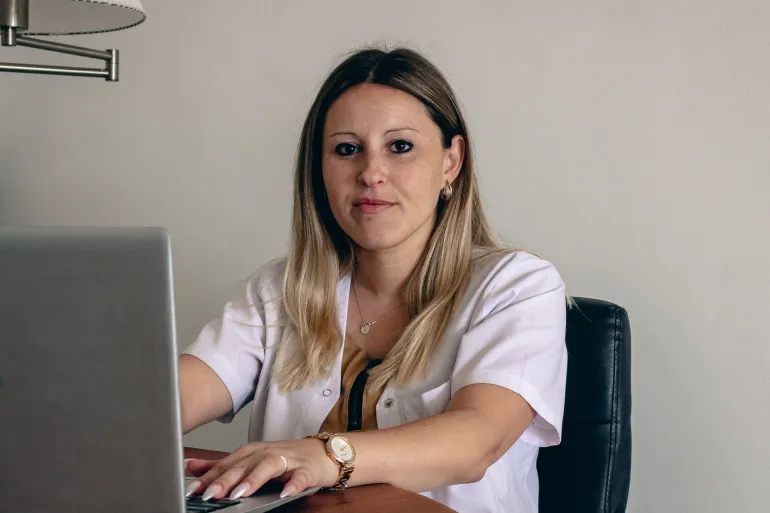Buenos Aires, Argentina — Psychologist Jesica Bianchiotti, 35, recalls how most sessions with her patients used to start with a conversation about the weather or the latest football game.
Those days, however, are long gone. With Argentina facing one of the worst economic crises in its recent history, sessions now begin with discussions about politics, rising prices, and how difficult it is to make ends meet.
“Things have changed dramatically. “The majority of my patients now come with issues related to anxiety, fear, sleeping problems, all related to the uncertainty we all live with — how impossible it is to make long-term plans,” said Bianchiotti, who works in the greater Buenos Aires area.
Argentina has the third-largest economy in Latin America, but it has been plagued by financial turmoil for decades, fueled by political instability and massive international debt.
Inflation has reached new highs this year, exceeding 140 percent. As a result, the value of Argentina’s currency has dropped precipitously. Even basic food shopping can be difficult for some people.
Against this backdrop, professionals like Bianchiotti are reporting an increase in stress-related conditions. Argentina, on the other hand, has devised a solution to the problem: it has the world’s highest per capita rate of psychologists.
A 2015 study estimated that, for every 100,000 Argentinians, there are 194 psychologists—a rate more than three times higher than the next closest countries, Finland and Norway.
Psychotherapy is so popular that some practitioners, such as Gabriel Rolon, have become celebrities, appearing on TV and radio shows. Psychology was also one of the most sought-after career paths at the University of Buenos Aires in 2022, second only to medicine.

According to Bianchiotti, the widespread acceptance of psychotherapy corresponds with a widespread need. She has been treating patients for nearly a decade and has seen an increase in the number of consultations she provides.







